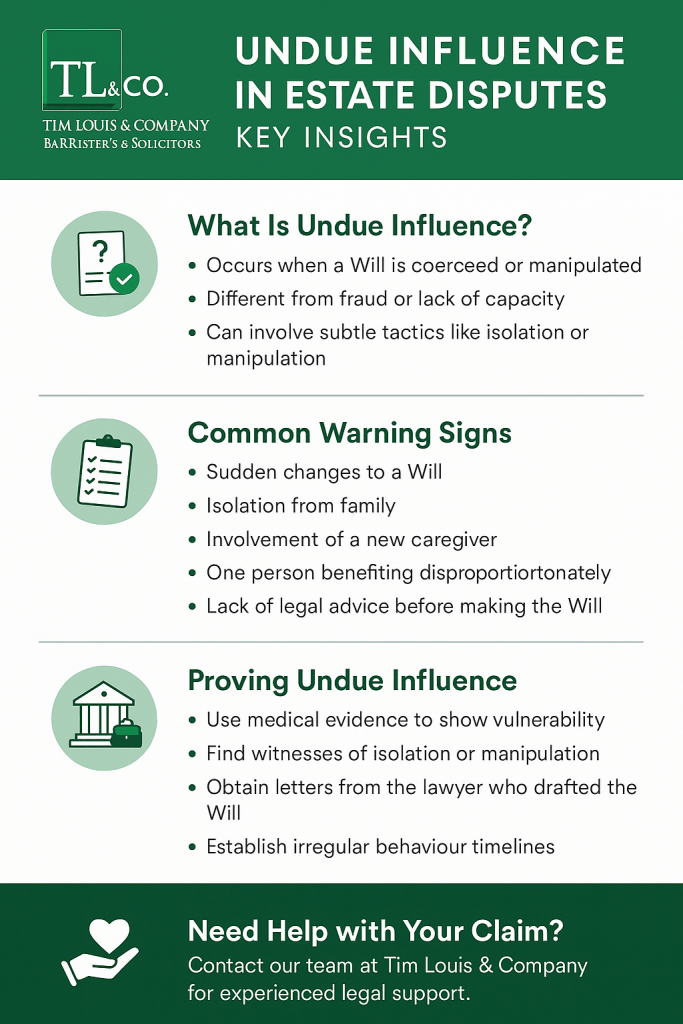
Denied LTD in BC
Denied LTD in BC? Here’s What Happens Next By Long-Term Disability Lawyer Tim Louis Being denied long-term disability can feel like losing your footing twice: once to illness, and again to disbelief. In British Columbia, you still have rights, and you still have time to act. When an insurer tells











